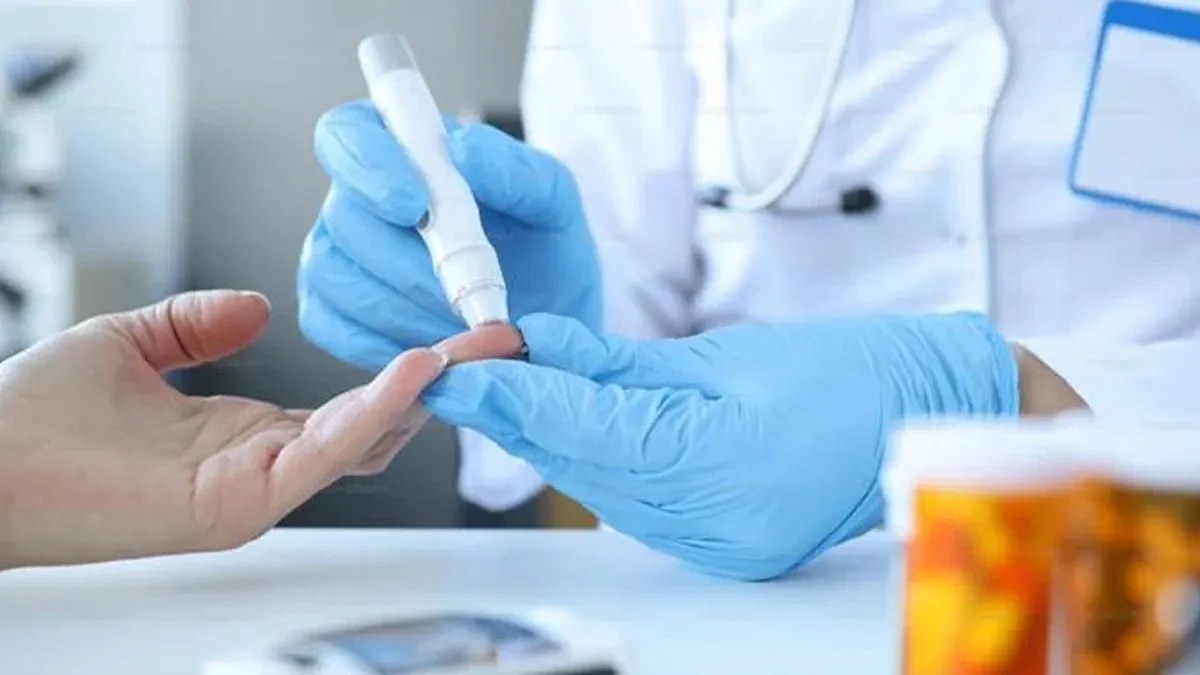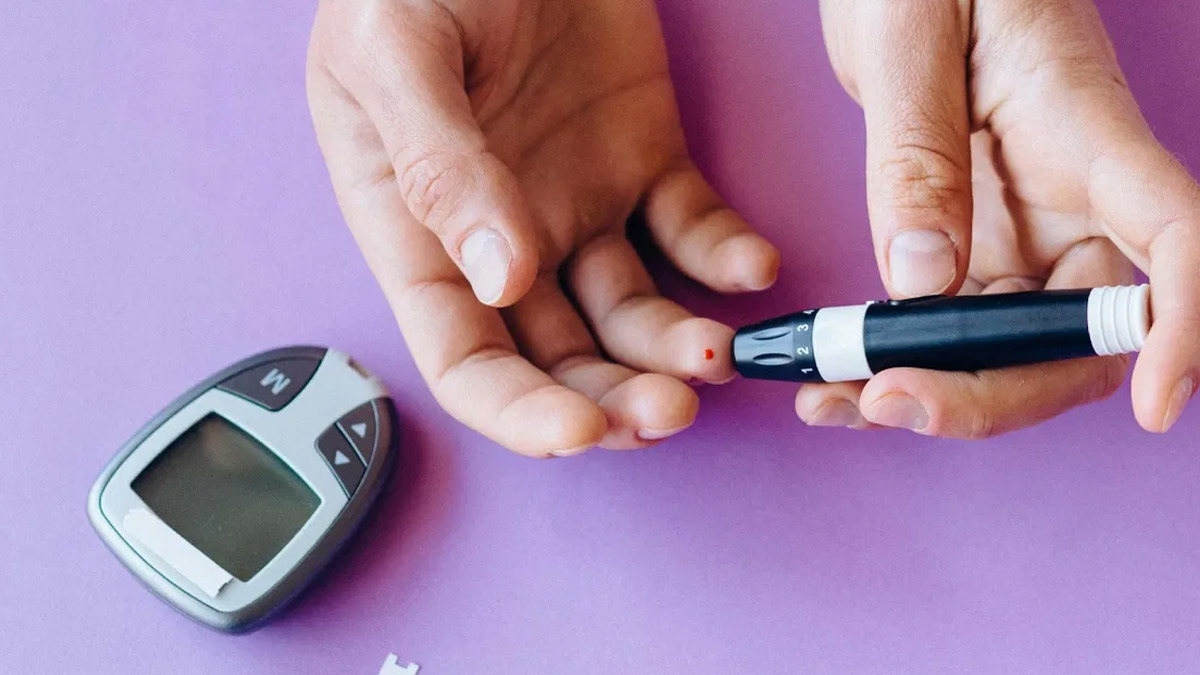
India has taken a landmark step in its battle against diabetes with the launch of its first-ever diabetes biobank in Chennai. This initiative, a collaborative effort between the Indian Council of Medical Research (ICMR) and the Madras Diabetes Research Foundation (MDRF), is set to enhance the understanding, research, and treatment of diabetes among the Indian population. The establishment of this biobank comes at a crucial time as India grapples with rising diabetes rates, and it promises to open new avenues for advanced scientific studies and personalized healthcare solutions.
Table of Content:-
A Milestone in Diabetes Research
The newly launched diabetes biobank, housed at the Madras Diabetes Research Foundation, aims to collect, preserve, and share biological samples such as blood, DNA, and plasma. These samples will be vital for research into various types of diabetes, including type 1, type 2, and gestational diabetes. Dr V. Mohan, chairman of MDRF and Dr. Mohan’s Diabetes Specialities Centre highlighted that this biobank will serve as a foundation for groundbreaking studies, potentially paving the way for early diagnosis, tailored treatments, and a deeper understanding of the disease.

The biobank currently holds samples collected through two significant ICMR-funded studies. The ICMR-India Diabetes (ICMR-INDIAB) study, which ran from 2008 to 2020, gathered data from over 1.2 lakh participants across all Indian states and Union territories. This comprehensive study shed light on the widespread prevalence of diabetes and metabolic disorders in India, reporting 10.1 crore cases of diabetes and an additional 13.6 crore cases of prediabetes.
The second initiative, the Registry of People with Diabetes in India with Young Age at Onset study, launched in 2006, focuses on diabetes diagnoses in younger individuals. This registry revealed concerning trends, with type 1 diabetes diagnosed at an average age of 12.9 years and type 2 diabetes at 21.7 years. Alarmingly, many type 2 diabetes cases were diagnosed late, with almost half of the patients already facing complications requiring hospitalization.
Also Read: Mystery 'Dancing Disease' Outbreak In Uganda Leaves Hundreds Shaking Uncontrollably
Advancing Personalized Medicine and Prevention
One of the biobank's core missions is to enable researchers to identify biomarkers that could aid in early diagnosis and personalized treatment. With a robust repository of samples from various age groups and diabetes types, scientists can study genetic and environmental factors that contribute to the disease. This research could lead to more effective, individualized treatment plans and strategies to delay or prevent the onset of diabetes.

Dr Mohan emphasized that the biobank will not only benefit Indian researchers but also foster international collaborations. The data generated could significantly contribute to the global understanding of diabetes, offering insights that might be applicable beyond India’s borders.
The Urgency of Tackling India’s Diabetes Crisis
India has the second-highest number of diabetes cases in the world, and the numbers are continuing to rise. Lifestyle changes, genetic predisposition, and a growing prevalence of obesity and metabolic disorders have contributed to the surge. The ICMR-INDIAB study’s revelation of such high diabetes and prediabetes rates underscores the urgent need for better prevention, diagnosis, and management.
Also Read: Poliovirus Detected in Wastewater Across Spain, Germany, and Poland: Key Facts You Need to Know
The establishment of the biobank comes at a time when healthcare systems are striving to manage the burden of non-communicable diseases (NCDs). By facilitating cutting-edge research, the biobank can help policymakers and healthcare providers implement evidence-based strategies to combat diabetes more effectively.
Community Awareness and the Role of Technology
Public awareness and education play crucial roles in managing and preventing diabetes. The data derived from the biobank could be used to design targeted awareness campaigns, particularly for high-risk groups like young adults and those with a family history of diabetes. Additionally, advancements in digital health and wearable technology could integrate with biobank findings, offering tools for better disease monitoring and lifestyle management.
Bottomline
The launch of India’s first diabetes biobank in Chennai is a beacon of hope for millions affected by the disease. By providing a comprehensive resource for researchers, it promises to drive innovations in early diagnosis, personalized treatment, and preventive care. This initiative marks a significant step forward in India’s fight against the diabetes epidemic, offering the potential to transform how the disease is understood and managed, both nationally and globally. In the coming years, as research progresses, this biobank could play a pivotal role in reducing diabetes-related complications, improving patient outcomes, and ultimately curbing the rising tide of diabetes in India.
Also watch this video
Read Next
Two Professions Linked To Lower Risk Of Dying From Alzheimer's Disease, According To A Study
How we keep this article up to date:
We work with experts and keep a close eye on the latest in health and wellness. Whenever there is a new research or helpful information, we update our articles with accurate and useful advice.
Current Version